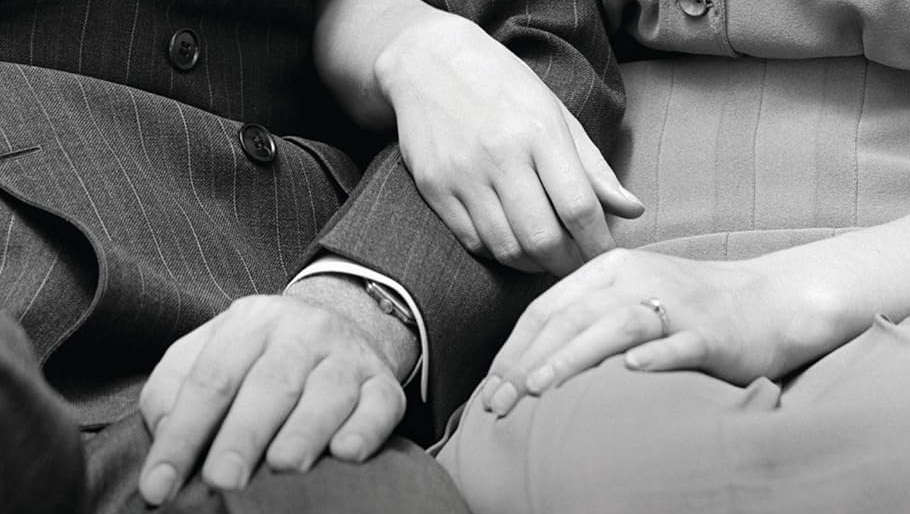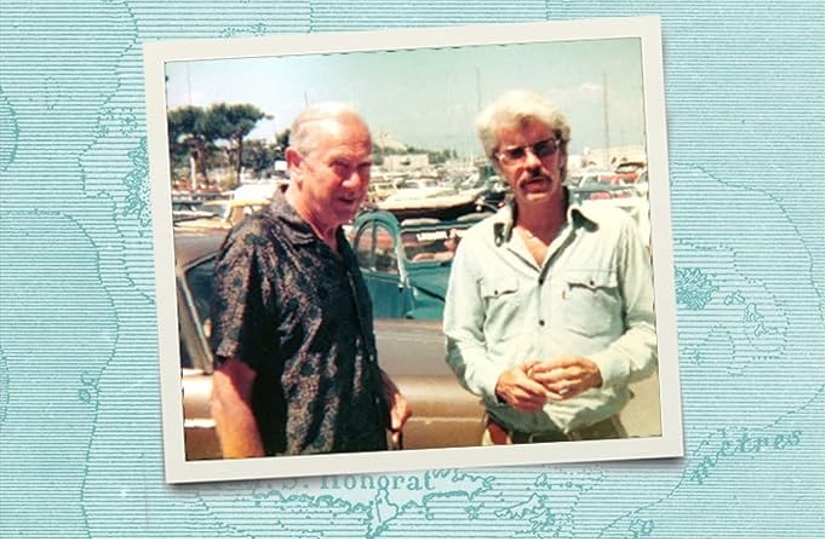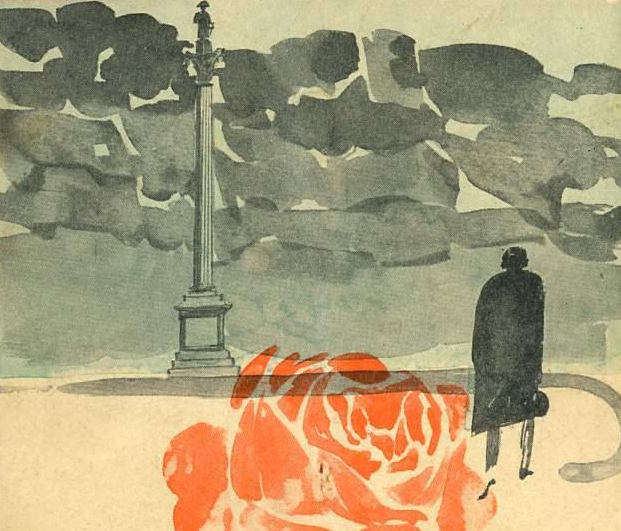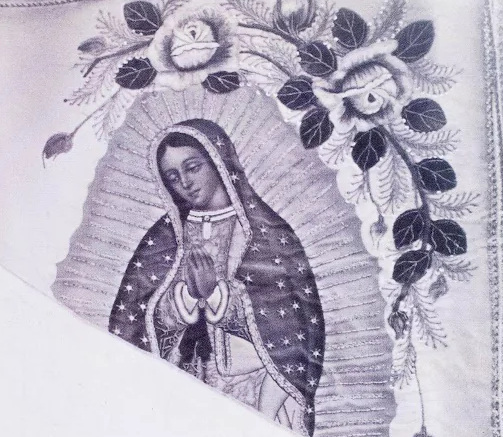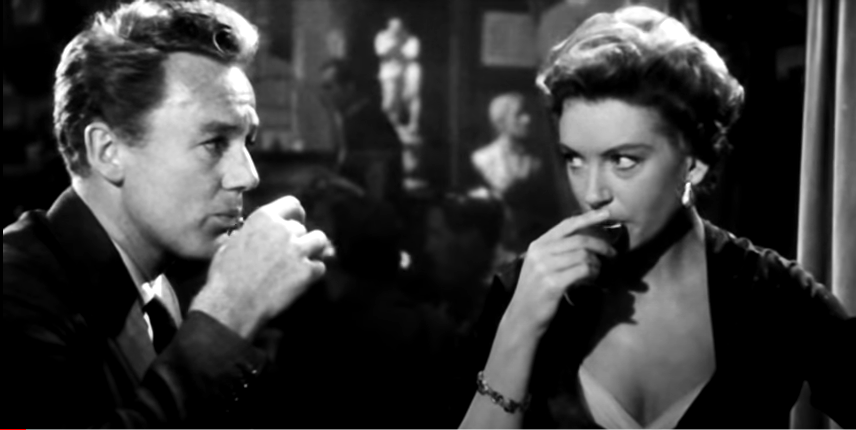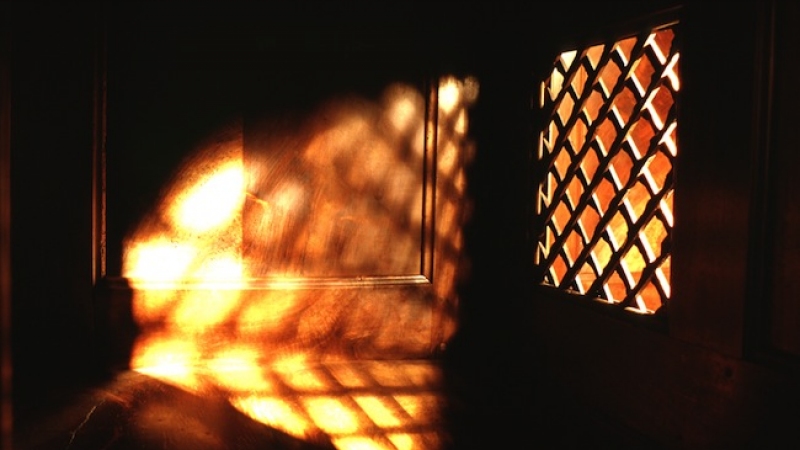An imposing glass and steel building and the unfeeling multinational financier who inhabits it — both more frigid than the coming Scandinavian winter — stand in contrast to a ragtag lot of British expatriates who live in Stockholm and are thoroughly dependent on the amoral, oppressive Erik Krogh’s business empire. The English in this novel are mostly pathetic characters. They…
Tag: Graham Greene
The people and places in Graham Greene’s 1973 novel The Honorary Consul are shadows of their former selves. They struggle to retain or regain their humanity. We meet the priest who becomes a kidnapper, the novelist residing in a city that doesn’t read, the alcoholic honorary consul who knows his position is a sham, the fatherless British Latin American doctor…
Essayist Shirley Hazzard’s memoir on her friendship with Graham Greene and the expatriate colony on the Italian island of Capri is a substantive and reflective read, in spite of its brevity. It’s a lyrical account of something and someone long vanished, written by an author to whom “it seemed time that a woman should write of Graham Greene.” At the…
A fledgling novelist in his twenties writes a letter to one of the bestselling authors of the twentieth century. He not only receives a response, but he’s also invited to the author’s apartment for drinks. So begins an unexpected friendship between British author Graham Greene and a young American, Michael Mewshaw, in the early 1970s. It would persist across countries…
Set in a leper colony deep in the Congo, on the cusp of African decolonization, an atheist doctor from Europe and members of a Catholic religious order from Belgium cooperate in caring for society’s most rejected. Located in the remote, humid jungle far from the nearest town of Luc, Doctor Colin and the priests are happy to keep their leprosarium…
The opening paragraphs of Graham Greene’s The End of the Affair likely resonate with anyone who has tried to tell or write a story. What’s the place where one starts, how much context does one give, how far does one look back? With Greene we get these haunting, memorable opening words: “A story has no beginning or end: arbitrarily one…
Standing out from his bibliography of 26 novels, The Power and the Glory is arguably Graham Greene’s masterpiece. I reviewed this 1940 novel here. In short, we’re presented with the story of a nameless and hunted priest, trying to evade his captors during early twentieth century anti-clerical purges in the Mexican state of Tabasco. (Greene wrote a journalistic account of…
Sarah Miles is a saint. She’s also an adulterer who labels herself “a bitch and a fake.” Graham Greene’s 1951 novel The End of the Affair, narrated in the first-person, tells the story of how Sarah’s embittered and fanatically envious ex-lover pursues her following the end of their romance. That plot provides the opening for Greene to explore the themes…
Graham Greene referred to his 1955 novella Loser Takes All as a “frivolity.” Yet that shouldn’t lead any reader to think that this book is throwaway pulp fiction. The story of a couple vacationing in Monte Carlo may be light-hearted fare, but the writing includes Greene’s celebrated, signature style: sharp dialogue, economical and precise language that paints a vivid picture,…
This is an excerpt from Graham Greene’s 1938 novel Brighton Rock read by me, as part of a new series of audio recordings entitled Feuilleton, sampling works of twentieth century literature. In this scene, the young and naive Rose is grappling with the recent suicide of her sociopath husband — who almost took her down with him along his dark, destructive…
